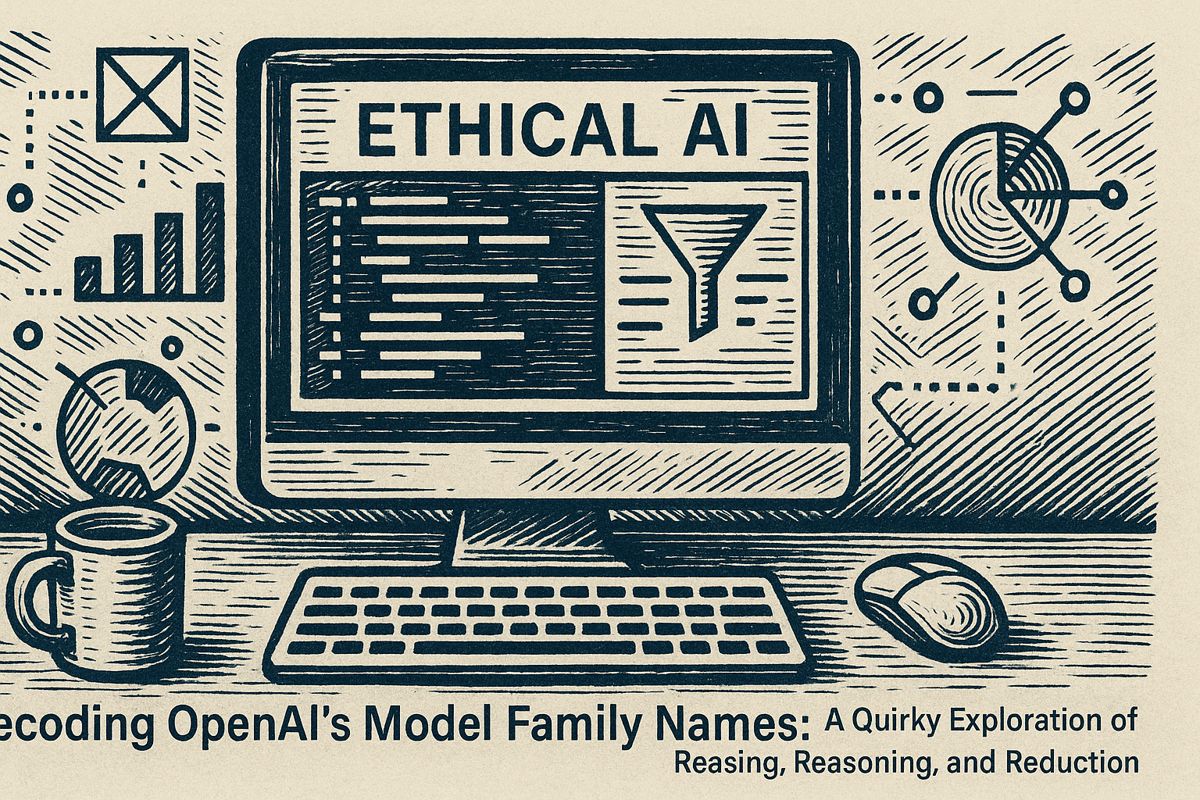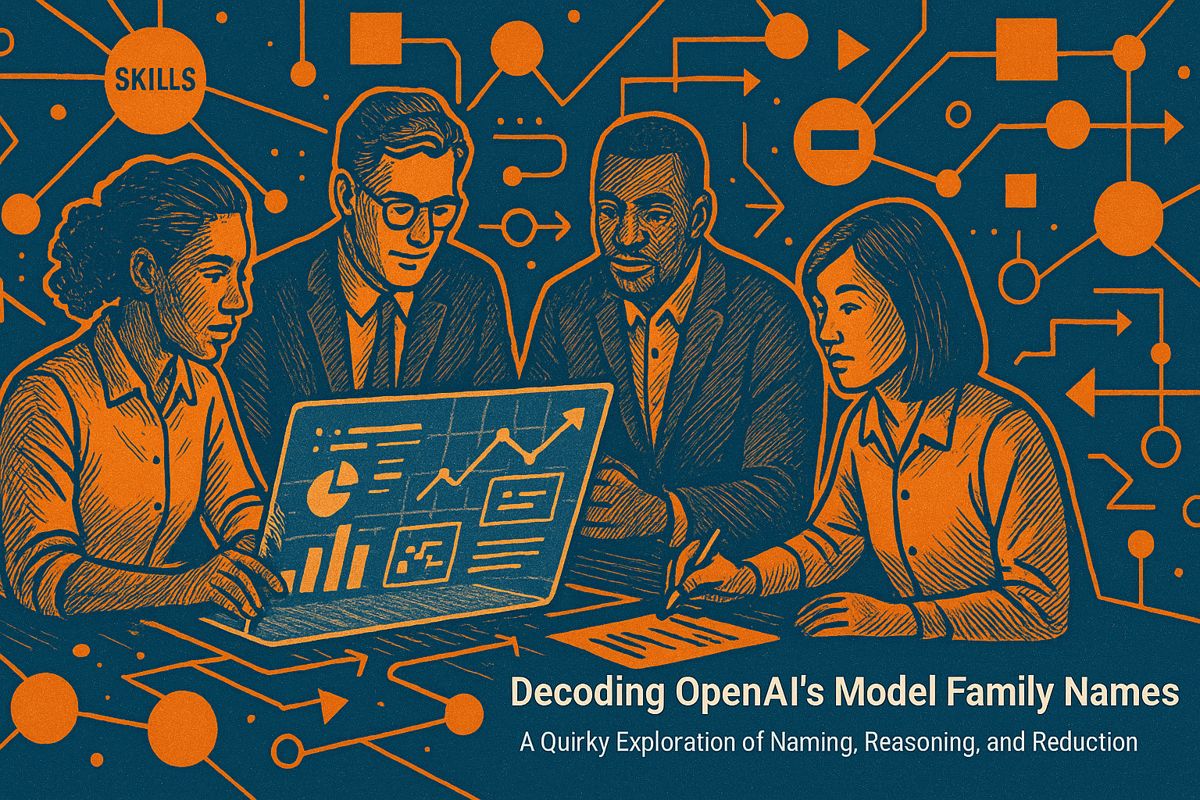Here’s the text with the most important phrase bolded:
IBM’s Responsible Prompting API is a groundbreaking open-source tool that intercepts and modifies prompts before they reach large language models. By allowing developers to embed ethical guidelines through customizable JSON configurations, the API acts as a proactive filter to prevent potentially harmful or biased outputs. The tool empowers developers to manage AI risks by transforming problematic prompts before they reach the language model, providing a transparent and configurable approach to responsible AI interaction. Unlike traditional models, this API gives users direct control over how their AI system responds, creating a safety net that catches potential issues before they become problematic. With its open-source nature and focus on ethical AI deployment, the Responsible Prompting API represents a significant step towards more accountable and trustworthy artificial intelligence technologies.
What is IBM’s Responsible Prompting API?
IBM’s Responsible Prompting API is an open-source tool that intercepts and modifies prompts before they reach large language models, enabling developers to embed ethical guidelines and prevent potentially harmful or biased outputs through customizable JSON configurations.
The Early Days of Prompt Engineering (and Anxiety)
I recently stumbled across an IBM announcement that sent a ripple of déjà vu through my day. There I was, abruptly tossed back to the era before “prompt engineering” had a name—when my keyboard clacked anxiously as I lobbed questions at rickety language models, half-expecting them to hallucinate or spit out something, well, embarrassing. At the time, the process felt like spelunking in a cave without a flashlight. The fear of the unknown mingled with a certain stubborn curiosity. Would this black box finally behave, or was I about to read a product description laced with accidental offense?
That restless caution I felt—equal parts hope and worry—has returned with IBM’s shiny new Responsible Prompting API. According to their press release, it’s a tool for developers like me (and maybe you) to keep large language model (LLM) outputs within ethical guardrails. The “API” in the name is not just a flourish; it means hands-on tinkering, right at the point where ideas morph into machine speech.
Isn’t it wild how the landscape has refashioned itself in just a few years? Not so long ago, the thought of proactively shaping a model’s output before it even left the launching pad would have sounded like a scene from a William Gibson novel. Now, IBM’s making it as routine as running “pip install.” Go figure.
Prompt Therapy and the New Mechanics
Let me detour for a moment. A friend of mine—let’s call him Ravi—once told me over bitter espresso that his team spent weeks massaging prompts for a finance chatbot, mostly to sidestep bias. “We’re prompt therapists more than engineers,” he quipped, scrubbing sleep from his eyes. I laughed, but he wasn’t wrong. There’s a delicate art in coaxing LLMs to say what you want (and nothing you don’t), not dissimilar to steering a stubborn mule around a muddy bend.
So, what’s actually under IBM’s hood? Here are the essentials, minus the fluff: IBM has released an open-source Responsible Prompting API, built on arXiv-backed research, which intercepts and polishes prompts before the LLM can generate its answer. You can demo it live on HuggingFace, tweak its core logic via a customizable JSON dataset, and
crucially
embed your own ethical policies. A detail many overlook: the Latent Space community is loudly pushing for AI providers to reveal model quantization levels, since those technical choices quietly reshape how a model
thinks
(if you
ll forgive the anthropomorphism). TheAhmadOsman, a persistent voice on X, keeps hammering on the need for transparent, industry-wide disclosures.
I’ll admit, I once shrugged off the importance of quantization—until a bug in a supposedly “identical” model left our legal chatbot sounding alarmingly flippant. Lesson learned: what you don’t see can definitely sting you.
Transparency, Trust, and Auditable AI
Here’s the crux: IBM isn’t hoarding their API behind velvet ropes. The entire kit, from prompt analysis to adversarial testing, is openly available on GitHub
no
trust us, it
s safe
hand-waving required. That’s rare in the current climate, where proprietary models often hide their quirks like a magician conceals a rabbit. Developers (or risk officers—hello, auditors) can edit the JSON prompt file to enforce strict policies, whether it’s zero tolerance for toxicity or careful avoidance of adversarial phrasing. I can almost smell the acrid tang of burnt coffee as someone somewhere realizes just how many compliance headaches this could soothe.
But here’s where things get even more interesting: the API actively tweaks prompts, not just flags them. If a user submits something problematic, the API intercepts and transforms it before the LLM ever sees it. Picture it as a filter, sifting out the grit before the water reaches your glass. That’s not just clever—it’s a preconscious safety net, humming quietly beneath the surface.
Transparency, though, remains a loaded word. Quantization, fine-tuning, and opaque deployment pipelines leave users wondering which model they’re really getting. Is it the top-shelf version, or something subtly diluted? Imagine pouring a glass of Chivas Regal, only to find it tastes suspiciously like tap water and there’s no label to explain why.
Real-World Stakes (And a Little Uncertainty)
Let’s be honest: the Responsible Prompting API isn’t just about “being nice.” It’s risk management, plain and simple. Adversarial prompt testing helps root out issues before they metastasize into costly legal or PR nightmares. I felt a flash of relief reading that, though I can’t totally shake the sense that something will slip through the net—AI has a knack for surprise plot twists.
What really strikes me is how IBM hands the reins to developers. No more waiting months for secretive updates; no more thin excuses when things go off the rails. If your LLM-powered app misbehaves, you (and your configuration file) own the fix. It’s empowering, a little daunting, and—let’s face it—a tad overdue.
I’ll leave you with this image: every time you ask Google a question, imagine a small inner voice whispering, “Are you sure you want to say it like that?” Annoying? Maybe. But in the context of LLMs, that’s the kind of friction that turns chaos into order, and, dare I say, keeps us sane…ish.



















